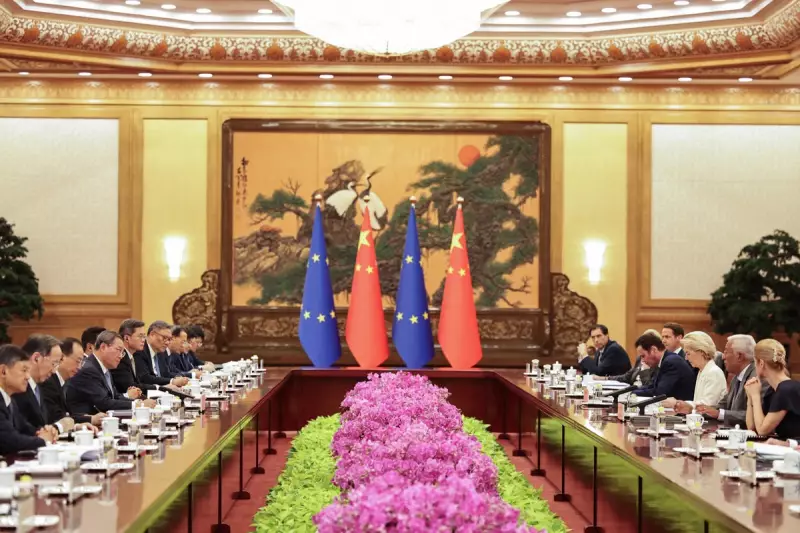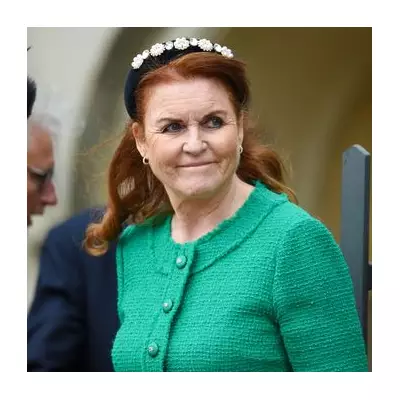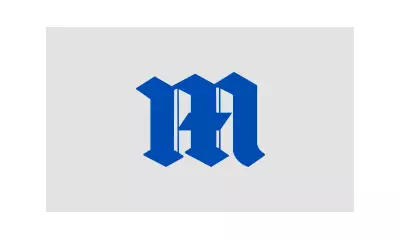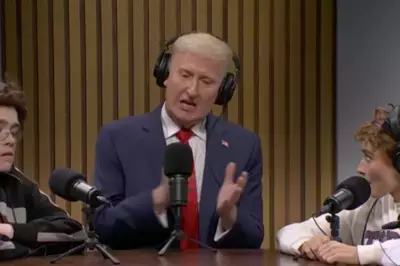
The latest high-level meeting between China and the European Union has ended with little progress, as deep divisions over Ukraine, trade practices, and allegations of economic coercion dominated discussions.
Ukraine Takes Centre Stage
European leaders pressed Chinese President Xi Jinping to use Beijing's influence with Moscow to help end the war in Ukraine. However, diplomatic sources indicate China resisted taking a stronger stance, maintaining its position of "neutrality" despite Western scepticism.
Trade Tensions Boil Over
The summit exposed growing frustrations over what EU officials describe as unfair Chinese trade practices. "The current trade imbalance is unsustainable," warned European Commission President Ursula von der Leyen, highlighting the EU's €400 billion trade deficit with China.
Key Points of Contention:
- EU concerns over Chinese subsidies distorting markets
- Restrictions on European companies operating in China
- Disputes over technology transfers and intellectual property
- China's alleged economic coercion of Lithuania
No Breakthrough on Economic Coercion
Despite European pressure, China showed no signs of backing down from what Brussels views as coercive economic measures. The standoff leaves EU-China relations at their lowest point in decades, with both sides preparing for potential trade defences.
As the dust settles, analysts warn the summit's failure to find common ground could accelerate the EU's push for "de-risking" its economic relationship with China.





